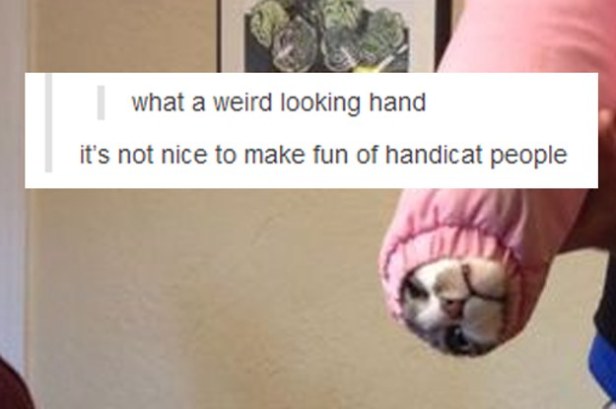I live in Los Angeles, and my writing partner currently lives on the East Coast. We call and talk several times a week so we don’t diverge too dramatically. Since we call coast-to-coast each time, my wife, being the clever girl she is, has dubbed us the Coastal Service.
Cue the groans.

There are articles that discuss the intellectual merits and faults of the pun. There are Tumblr accounts dedicated solely to shaming people who hate puns – by making puns about them. For every pun on Twitter, there is someone saying “No.” or “Delete your account” or using language I will not repeat.
What is it about puns that makes people so upset? I believe it boils down to three things.

- Puns are literary fart jokes. Farts are inherently funny. Listen to Louis C.K. talk about farts if you don’t believe me – as he says, “You don’t have to be smart to laugh at farts, but you have to be stupid not to.” Puns, like farts, are something that can embarrass the person emitting them as well as those around them, but if that person embraces it then they can become master of it, and the embarrassment wanes. With practice, you can learn to actually enjoy puns. Or farts.
- Puns make a mockery of language. Because we use language to communicate complex ideas, often with subtext added to emphasize a point, the pun is an affront to the very purpose of language. By adding subtext that is at cross purposes for humorous effect, the pun becomes the “blank” for the weapon that is linguistic expression, a way to emulate being clever without actually have to be clever. But isn’t that in and of itself a form of cleverness? If you can subvert someone’s expectations so fully that they believe, as noted dictionary writer and stick-in-the-mud Samuel Johnson wrote, that through punnery you “tamper with the currency of human intelligence,” doesn’t that make you at least as clever as the people who play by the rules?
 Puns are for everyone. The pun is the most accessible unit of wit. Typically no explanation of a pun is necessary to a native speaker of the punster’s language, so long as that person has a vocabulary sufficiently broad enough to contain the words being played upon. This doesn’t sit well for people who are professionally witty, where accessible wittiness could impugn their livelihood; nor for the upper echelons of society, who see wit as a commodity reserved for well-educated elites.
Puns are for everyone. The pun is the most accessible unit of wit. Typically no explanation of a pun is necessary to a native speaker of the punster’s language, so long as that person has a vocabulary sufficiently broad enough to contain the words being played upon. This doesn’t sit well for people who are professionally witty, where accessible wittiness could impugn their livelihood; nor for the upper echelons of society, who see wit as a commodity reserved for well-educated elites.
Whatever the reason, we should all be thankful for puns – even if they do kick us right in he groan.

